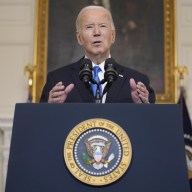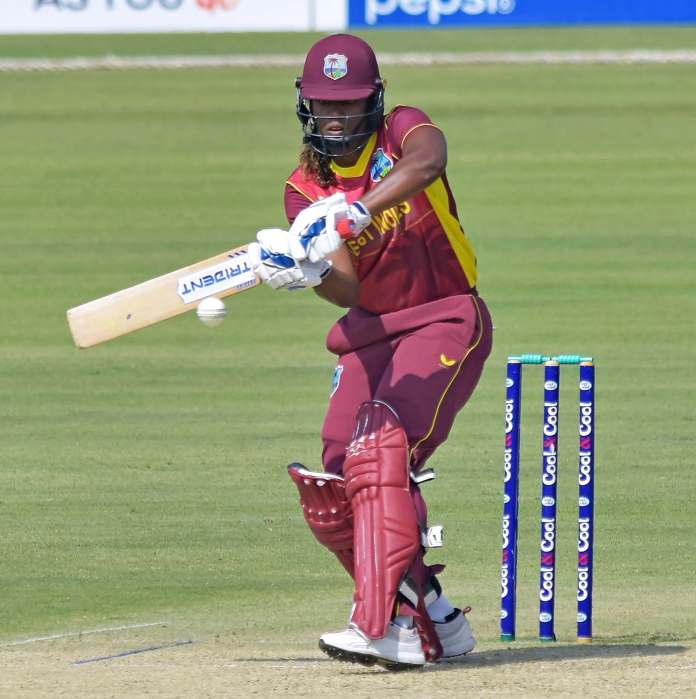NEW DELHI – Thousands of troops fanned out across parts of India on Wednesday, a day ahead of elections to determine who will lead the country as the global economic slump threatens to undo two decades of growth.
Thursday’s voting is the first of five phases that will span a month. Some 714 million people – more than twice the population of the United States – are eligible to cast ballots.
Opinion polls indicate that neither the ruling Congress party nor the main opposition, the Hindu nationalist Bharatiya Janata Party, will win enough seats in the 543-seat lower house of parliament to rule on its own.
Whoever gets the most votes will likely have to cobble together a coalition out of dozens of smaller parties, many focused on single, regional issues.
Thousands of police and paramilitary troops were deployed Wednesday across the southern Indian state of Andhra Pradesh, which will vote for both national and state-level representatives.
“We have taken every necessary measure to ensure peaceful, free and fair elections. Now you go out and vote,” state director general of police A.K. Mohanty said in the capital, Hyderabad.
Thousands of troops were called in to patrol the northern state of Uttar Pradesh, which has the most seats in the national parliament. Sixteen of its 80 seats are up for grabs Thursday, said Brij Lal, a senior police official.
In the eastern state of Bihar, heavily armed Maoist rebels attacked a paramilitary camp set up for the elections, wounding one soldier, senior police official Vikas Vaibhav said.
The district where the attack took place is 140 kilometres southwest of the state capital, Patna. It goes to the polls Thursday.
Some voting districts in both Andhra Pradesh and Uttar Pradesh are also strongholds of Maoist rebels who often target police and government officials, accusing them of colluding with landlords and rich farmers to exploit the poor.
With more than 1.2 billion citizens, India normally holds staggered elections for logistic and security reasons.
Results from the massive elections, which will use more than 1.3 million electronic voting machines in 828,804 polling stations, are expected May 16.
Both major parties are already weakened going into the polls.
Congress, which is ending a five-year stint in power, has seen its main achievement – India’s spectacular economic growth, which has averaged more than eight per cent in recent years – hit by the global economic crisis.
It also has faced severe criticism for the bungled handling of the Mumbai terror attack in November, when 10 gunmen rampaged through the city for three days, killing 164 people.
The BJP also is in disarray. Its leadership is aging and fragmented, its anti-terror line was criticized as too harsh in the wake of the Mumbai attacks, and it has been blamed for stoking tensions between India’s Hindu majority and large Muslim minority.
The two main parties also have seen their support eroded by regional parties focused on local issues.
















